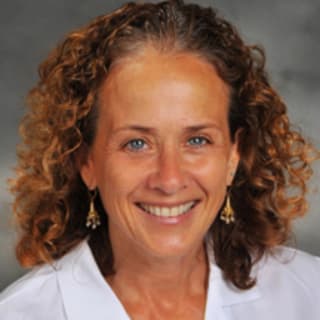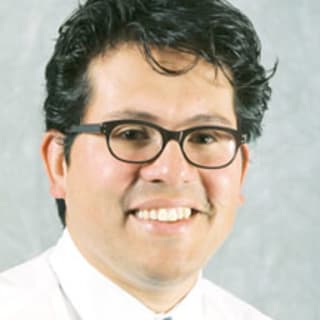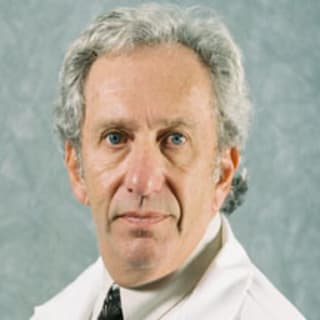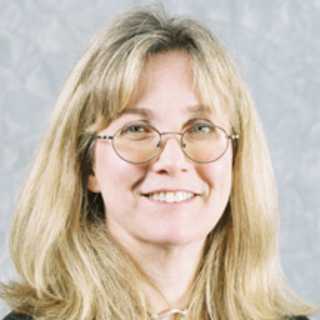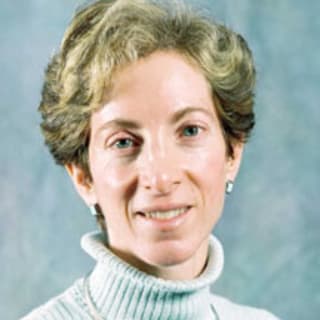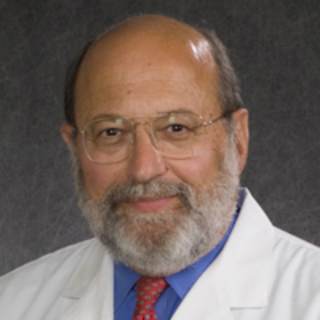
Join to View Full Profile
20 Manitoba RoadWaban, MassachusettsBoston, MA 02114
Phone+1 615-844-4584
Dr. Kopans is on Doximity
As a Doximity member you'll join over two million verified healthcare professionals in a private, secure network.
- Gain access to free telehealth tools, such as our “call shielding” and one-way patient texting.
- Connect with colleagues in the same hospital or clinic.
- Read the latest clinical news, personalized to your specialty.
Summary
- A Professor of Radiology at the Harvard Medical and Founder of the Breast Imaging Division at the Massachusetts General Hospital, Dr. Kopans is an internationally recognized expert in breast cancer detection and diagnosis. He helped found and develop the field that he named "Breast Imaging". He ran a large (35,000 patient) clinical practice as well as an intensive research program that included inventing and developing Digital Breast Tomosynthesis. With more than 250 scientific publications and book chapters he is the single author of a major, 1000 page, textbook entitled “Breast Imaging”, now in its third edition.
He co-chaired the original committee that developed the American College of Radiology Breast Imaging Reporting and Data System (BIRADS) that was based on the reporting system that he developed at the Massachusetts General Hospital.
As a leading expert, Dr. Kopans was invited by the National Breast Screening Study of Canada (now the CNBSS) to review the quality of their mammography revealing that they were “poor to unacceptable” for much of the trials and that the unblinded allocation resulted in an imbalance in the distribution of cancers. His advice that the coordinators be interviewed to determine if there had been nonrandom allocation as the data suggested, was turned down by the PI of the CNBSS. He has joined Canadian experts in calling for the withdrawal of the, scientifically, unreliable results from the CNBSS trials.
His “Springhook Wire” guide, has, for over 40 years directed the safe surgical removal of clinically occult lesions allowing for the early diagnosis of breast cancer cutting the death rate in the U.S. by over 40%.
Dr. Kopans has, repeatedly, exposed scientifically unsupportable arguments being used to try to limit access for women to early detection. His work helped the United States Preventive Services Task Force (USPSTF), in 2024, to, once again, advise women to participate in screening beginning at the age of 40.
Education & Training
 Massachusetts General Hospital/Harvard Medical SchoolResidency, Radiology-Diagnostic, 1974 - 1977
Massachusetts General Hospital/Harvard Medical SchoolResidency, Radiology-Diagnostic, 1974 - 1977 Dartmouth-Hitchcock/Mary Hitchcock Memorial HospitalInternship, Internal Medicine, 1973 - 1974
Dartmouth-Hitchcock/Mary Hitchcock Memorial HospitalInternship, Internal Medicine, 1973 - 1974 Harvard Medical SchoolClass of 1973
Harvard Medical SchoolClass of 1973
Certifications & Licensure
 MA State Medical License 1974 - 2023
MA State Medical License 1974 - 2023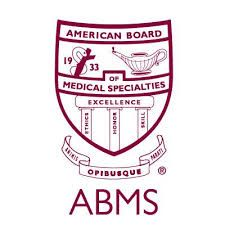 American Board of Radiology Diagnostic Radiology
American Board of Radiology Diagnostic Radiology
Awards, Honors, & Recognition
- The National Consortium of Breast Centers Impact Award 2014
- Pathfinder Award National Consortium of Breast Centers 2007
- GOLD MEDAL SOCIETY OF BREAST IMAGING, 2004
- Join now to see all
Publications & Presentations
PubMed
- More than a Half Century of Misinformation About Breast Cancer Screening.Daniel B Kopans
Radiologic Clinics of North America. 2024-11-01 - The New Proposed U.S. Preventive Services Task Force Recommendation on Breast Cancer Screening for Women in Their 40s.Daniel B Kopans
Annals of Internal Medicine. 2024-09-01 - 1 citationsIncluding the method of detection for breast cancer in the Surveillance, Epidemiology, and End Results database is long overdue.Daniel B Kopans, Richard E Sharpe Jr, Peter R Eby
Journal of Medical Screening. 2024-03-01
Journal Articles
- False Information About Breast Cancer ScreeningDaniel Kopans, MD, JAMA
Books/Book Chapters
Authored Content
- Dr. Daniel Kopans: Will the USPSTF Heed Science on Breast Screening?January 2021
Press Mentions
 Massive $100M Mammography Screening Trial Is a ‘Waste,’ Radiologist ClaimsOctober 27th, 2021
Massive $100M Mammography Screening Trial Is a ‘Waste,’ Radiologist ClaimsOctober 27th, 2021 Bringing WISDOM to Breast Cancer CareOctober 22nd, 2021
Bringing WISDOM to Breast Cancer CareOctober 22nd, 2021 Chirurgia (2021) 116: S35-S43 No. 5 Supplement, December Copyright© CelsiusOctober 19th, 2021
Chirurgia (2021) 116: S35-S43 No. 5 Supplement, December Copyright© CelsiusOctober 19th, 2021- Join now to see all
Grant Support
- Specificity/Sensitivity In Mammographic ScreeningNational Cancer Institute2004–2006
Viewing the full profile is available to verified healthcare professionals only.
Find your profile and take control of your online presence:
